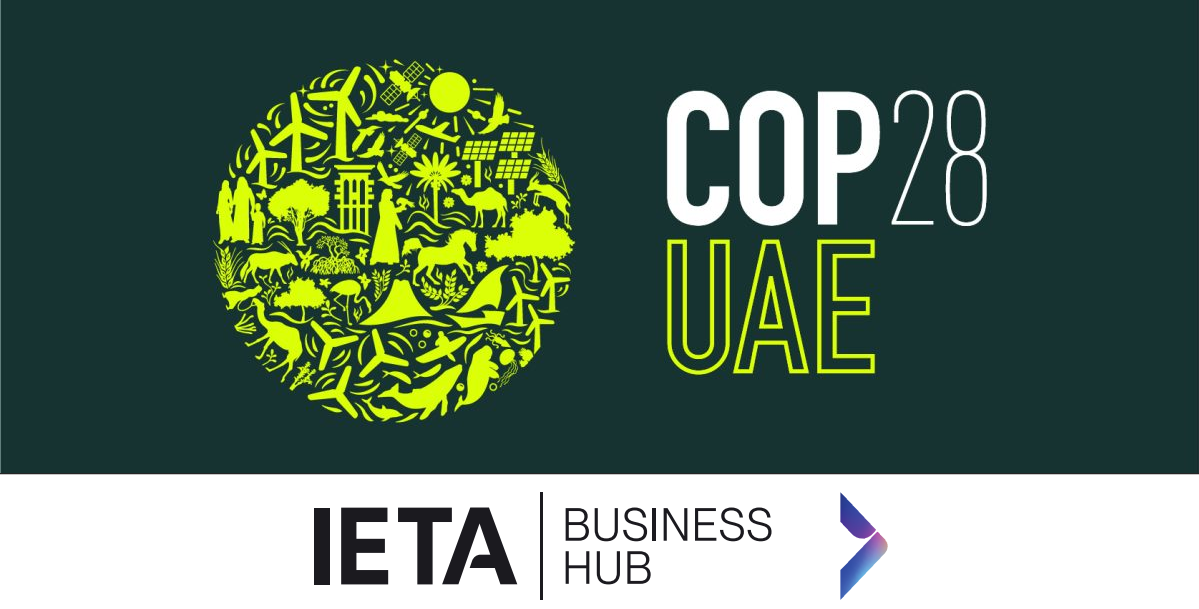COP28 update: Day 10, 10 December

COP is entering the end-game. There are fewer people scurrying between pavilions, the side-event schedules are beginning to wind down, and, critically, the lines at the coffee stops and restaurants are much, much shorter.
Talk of delaying flights home has started, and the betting on what time COP will formally close is getting warmer.
As promised yesterday, COP President Sultan Al-Jaber convened this afternoon a “Majlis”, a council of ministers to discuss all outstanding issues in the round.
The discussion was framed by two questions: 1. “How do we build a transformative ambition on mitigation while addressing just and equitable transitions and corresponding support requirements?” and
2. “How do we credibly tackle the gap in adaptation finance and action?”
The EU was first to speak, and made a significant impression by backing a phase out of fossil fuels. “This will be a massive transition, no mistake. But postponing it will simply not happen. The sooner we do it the less painful it will be.”
More relevantly for developing countries, the EU added: “We should acknowledge this is an economic challenge for both producers and for consumers. They will need support measures for transition to bring us to a 1.5C path.”
Colombia’s intervention highlighted that not all developing economies have access to finance at advantageous rates: “Who is going to triple renewables? Those with access to capital at 5% or at 30%? Where is the equity for all of us to access capital? We are highly indebted.”
Colombia also made the point that fossil fuel producers are particularly vulnerable: “When our President said we will close fossil fuel exploration, the peso’s value dropped in the next week, and our credit grade dropped as well, because we were renouncing the source of revenue to pay our debts.”
The Presidency said new texts on the main items will be made available on Monday morning.
The relative lack of distractions during the morning meant that it was a perfect moment for IETA to release its 2023 GHG Market Report. Entitled “Evolution of the Carbon Markets”, the report takes a look at how compliance markets, project-based approaches, and the voluntary market have all changed and need to change further to meet the challenge of a net-zero future. Go on! Take a look!
Article 6
After a new text was published on Saturday evening, Article 6.2 talks went on until shortly after midnight on Sunday morning. Co-facilitator Maria Al-Jishi told the exhausted negotiators: “everyone seems to be unhappy with the text, but everyone seems happy to engage, so therefore it seems like we did a decent job.”
There was a proposal to move immediately into an ‘Informal-Informal-Informal huddle’ to bring forward text proposals and put them up on screen without technicians in the room. But some Parties were unhappy with the suggestion and talks were suspended.
Parties held “informal informals” on the Article 6.2 text throughout Sunday and into the night.
Co-facilitators started the day by reminding Parties that, according to what they heard from the room, priority would be given to authorisation, dealing with inconsistencies, definition, the Agreed Electronic Format (AEF), and sequencing. They also urged Parties to propose bridging proposals for aspects without consensus which they want to see included in the text.
On authorisation, AOSIS presented a bridging proposal. However, differences in the elements and the possibility of authorisation changes (i.e. revocation) were the main issues that Parties could not agree upon over the day.
Argentina-Brazil-Uruguay, AILAC, and Ukraine supported the inclusion of provisions to consider human rights and indigenous peoples’ rights as factors for authorisation changes or revocations.
The African Group, Canada, the U.S., the UK and AOSIS supported a slightly different approach, suggesting the inclusion of such considerations in another paragraph. Canada, the UK and LMDC highlighted that changes “shall” not (and not “should” not) apply after the first transfer.
On sequencing and timing, the Coalition for Rainforest Nations presented a bridging proposal. Beyond semantic discussions between “can” or “may”, the main point of contention was whether the report of the review of the initial report would need to be published prior to the inclusion of information on the AEF.
Many Parties did not support this paragraph, and ABU asked to either keep the paragraph or include a provision for dealing with persistent inconsistencies. We expect further discussions overnight to solve these differences.
In the evening there was an informal consultation on Article 6.4. Parties grouped in huddles to solve the work program for methodologies and removals, on the sustainable development tool, appeals and grievance procedure, tools.
On the work program, Parties seem to be aligned in asking the Article 6.4 Supervisory Body to implement recommendations and elaborate and further develop them. It would be a living document.
On the sustainable development tool and the appeals and grievance procedure tools, Parties could not reach an agreement during the huddle, but proposed suggestions for the drafting of the text.
Parties were encouraged to send bridging proposals to the co-facilitators, particularly on the topics they could not cover (CDM, afforestation and reforestation projects transition, and authorisation of MCERs).
Co-facilitators for Article 6.4 asked Parties to send bridging proposals at latest by 1 AM in order to revise and produce new text ahead of tomorrow.
On Article 6.2, parties faced a long night with the room at their disposal until 0600 on Monday. The deadline for the final decision text on both Article 6.4 and 6.2 is 0900 tomorrow.
Monday at the IETA Business Hub
Before the COP Summary is published however, we will also host two online COP debriefing sessions on Friday December 15. Further details will follow shortly.